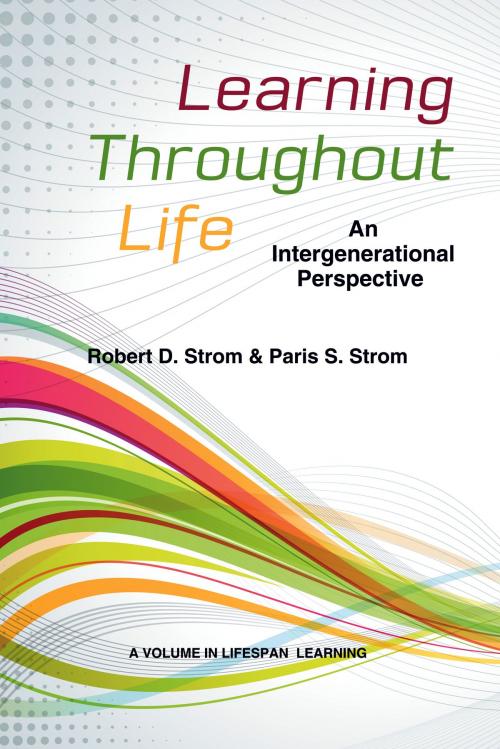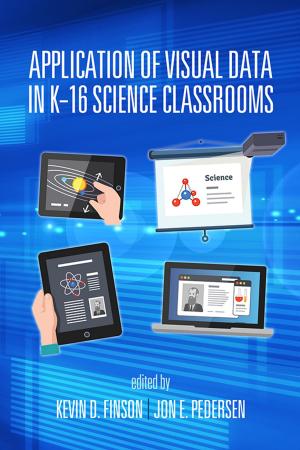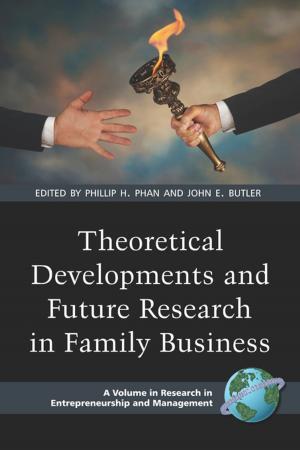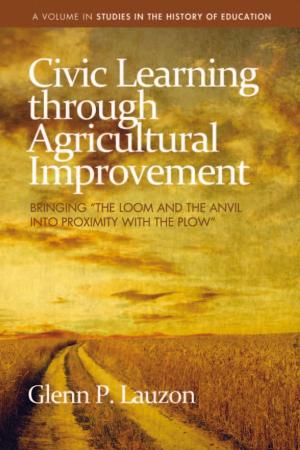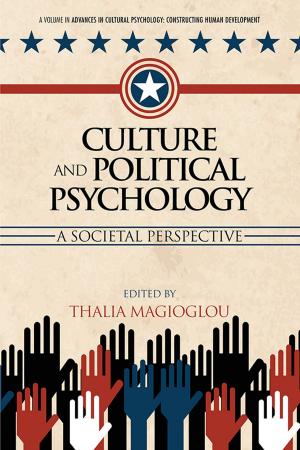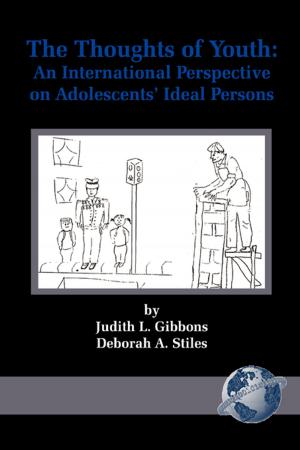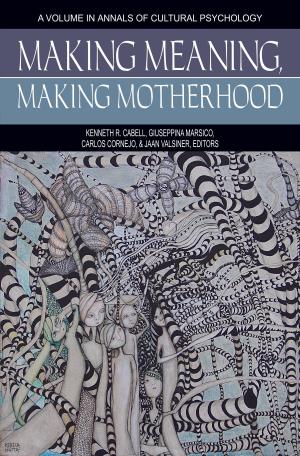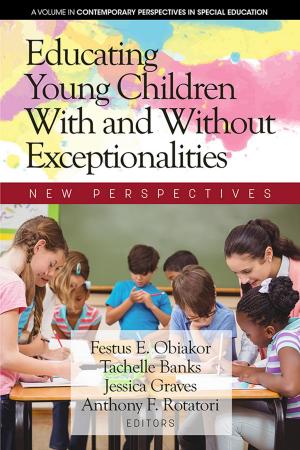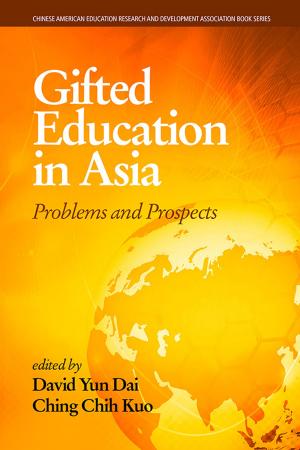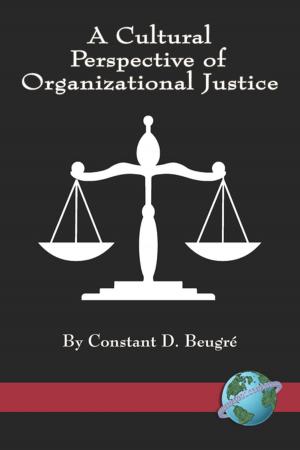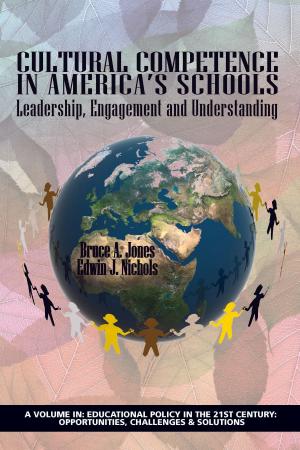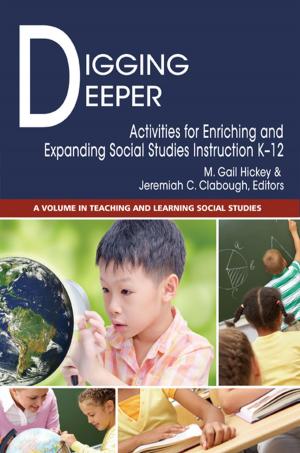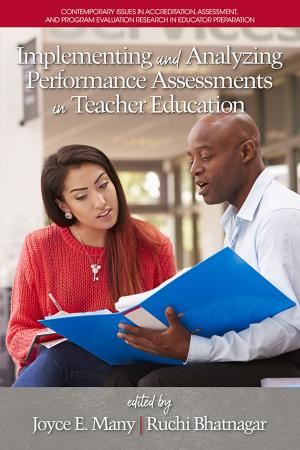Learning Throughout Life
An Intergenerational Perspective
Nonfiction, Reference & Language, Education & Teaching, Educational Theory, Adult & Continuing Education, Leadership, Educational Psychology| Author: | Robert D. Strom, Paris S. Strom | ISBN: | 9781623960483 |
| Publisher: | Information Age Publishing | Publication: | December 1, 2012 |
| Imprint: | Information Age Publishing | Language: | English |
| Author: | Robert D. Strom, Paris S. Strom |
| ISBN: | 9781623960483 |
| Publisher: | Information Age Publishing |
| Publication: | December 1, 2012 |
| Imprint: | Information Age Publishing |
| Language: | English |
The dangers of age segregation and the benefits of age integration are examined. Each generation should be recognized as an essential source for learning. Harmony will increasingly depend on general awareness of how other age groups interpret events, respect for values that guide their behavior, responsiveness to their needs and concerns, consideration of their criticisms and solutions, and acknowledgement of their contributions. This book describes: (a) personality assets and mental abilities to focus learning at each stage of development; (b) obstacles to anticipate and overcome; (c) a rationale to make reciprocal learning common; (d) research findings which identify generational learning needs; and (e) benefits of providing lifelong education. Six stages are explored: infancy and early childhood (birthage 6); middle and later childhood (ages 610); adolescence (ages 1020); early adulthood (ages 2040); middle adulthood (ages 4060); and older adulthood (age 60+). Some outcomes of lifelong learning include selfcontrol, patience, integrity, resilience, persistence, problem solving ability, acceptance of criticism, and generativity. The intended audiences for this book are professionals working with individuals and families.
The dangers of age segregation and the benefits of age integration are examined. Each generation should be recognized as an essential source for learning. Harmony will increasingly depend on general awareness of how other age groups interpret events, respect for values that guide their behavior, responsiveness to their needs and concerns, consideration of their criticisms and solutions, and acknowledgement of their contributions. This book describes: (a) personality assets and mental abilities to focus learning at each stage of development; (b) obstacles to anticipate and overcome; (c) a rationale to make reciprocal learning common; (d) research findings which identify generational learning needs; and (e) benefits of providing lifelong education. Six stages are explored: infancy and early childhood (birthage 6); middle and later childhood (ages 610); adolescence (ages 1020); early adulthood (ages 2040); middle adulthood (ages 4060); and older adulthood (age 60+). Some outcomes of lifelong learning include selfcontrol, patience, integrity, resilience, persistence, problem solving ability, acceptance of criticism, and generativity. The intended audiences for this book are professionals working with individuals and families.
